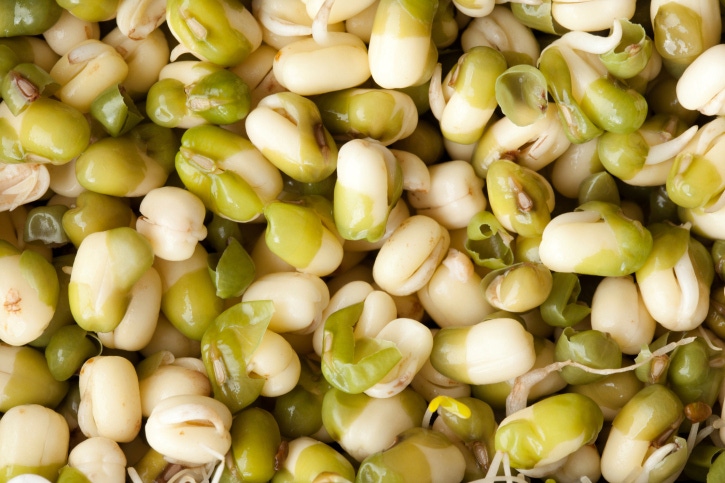October 7, 2011

Q: Many researchers, manufacturers and philanthropic leaders, such as Bill Gates, believe genetically modified foods are key to feeding the world. Why does Silk keep GMOs out of its products?
A: Silk has always used non-genetically modified soybeans because we fundamentally believe that a non-GM soybean is the purest form of soybean. It’s scary how many GM soybeans are out there: Of the 3.5 billion bushels harvested per year, only about 250 million are GMO free.
Q: Do you believe GMOs are unsafe?
A: To me, the science stands behind non-GMO—always has and always will. Until it’s proven that GMOs are safe, we don’t believe our customers should consume products that contain them.
Q: If Silk has always used non-GM soybeans, why go through the Non-GMO Project verification process?
A: Participating in the Non-GMO Project has been like engaging in a continuous improvement process. The project confirms that not only are our ingredients free of GMOs, but our entire manufacturing process is as well.
Q: Instead of adopting the Non-GMO Project Verified label, why not just adhere to USDA Organic certification?
A: These are two different certifications—and we have both in our portfolio. We offer organic for consumers who want everything that organic is all about. We also offer a natural line. Both are now Non-GMO Project Verified. Although the definition of natural is very loose within the broader industry, non-GMO is a core component of what natural means for us.
Q: Some challenge that the Non-GMO Project’s standard (up to 0.9 percent of a product can contain GMOs) isn’t enough to protect the seed supply. Could the standard be improved?
A: The Non-GMO Project standard of 99.1 percent GMO free is a starting point. If you demand 100 percent right out of the gate, no manufacturer could deliver. Because we want to label our products in a way that’s transparent to consumers, we don’t communicate that Silk is GMO free—because no product can do that. There aren’t even tests that can verify a product to that level.
Q: How do you educate consumers about GMOs?
A: First and foremost, via our product labels, where 40 million consumers [the number of people who buy Silk each year] will see the Non-GMO Project seal. We spell out on our labels what non-GMO and Non-GMO Project verification mean. Our goal is to get a critical mass of consumers to a level of understanding about GMOs that there becomes a tipping point. We want to make consumers aware and then let them choose which products to purchase.
Q: We’ve heard that careful product manufacturing and labeling hold personal significance for you.
A: They absolutely do. My 7-year-old daughter has a severe nut allergy—traces will send her into shock—and I found out about a year ago that I have celiac disease. So I believe strongly in the importance of labeling standards and transparency.
You May Also Like
.png?width=700&auto=webp&quality=80&disable=upscale)


